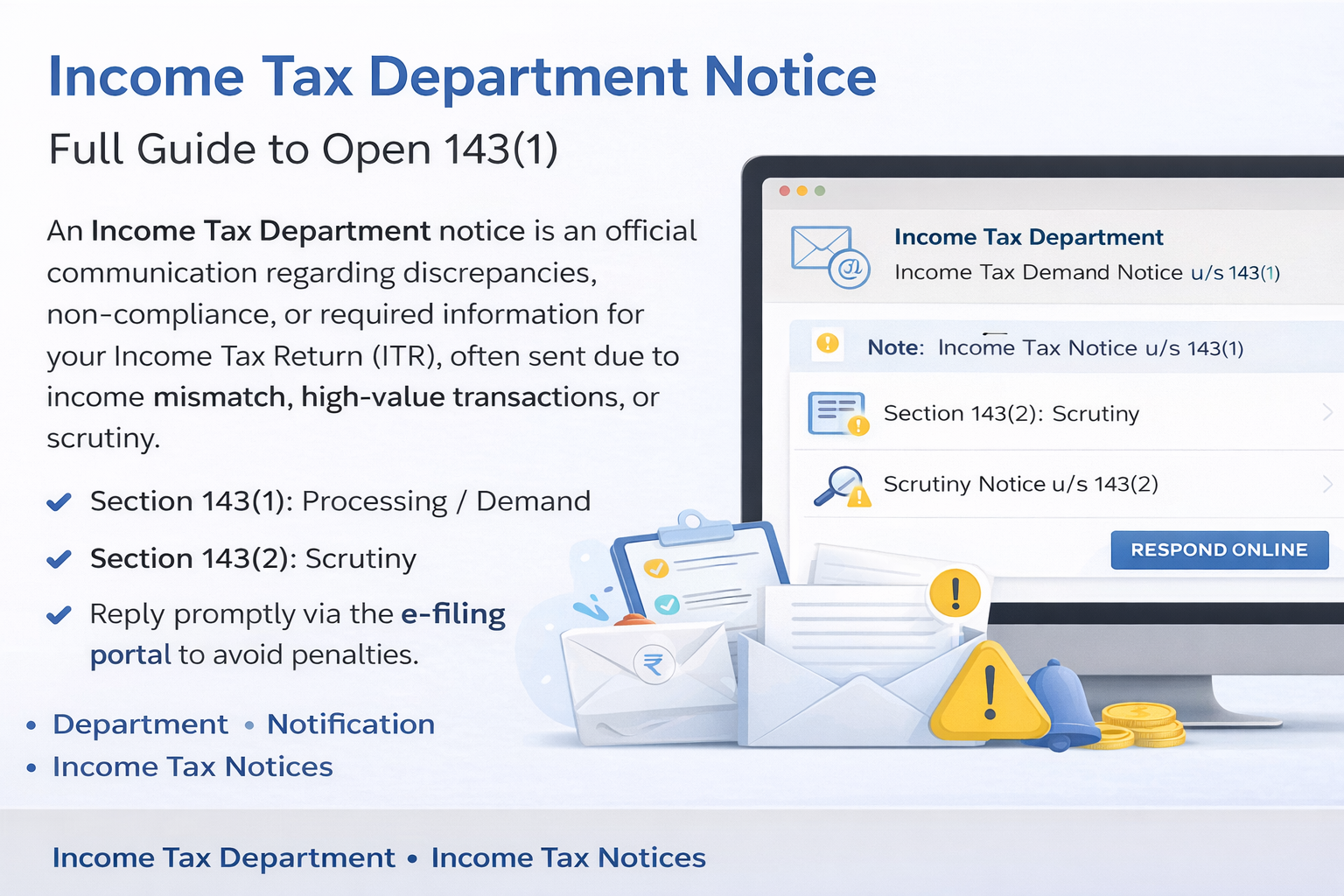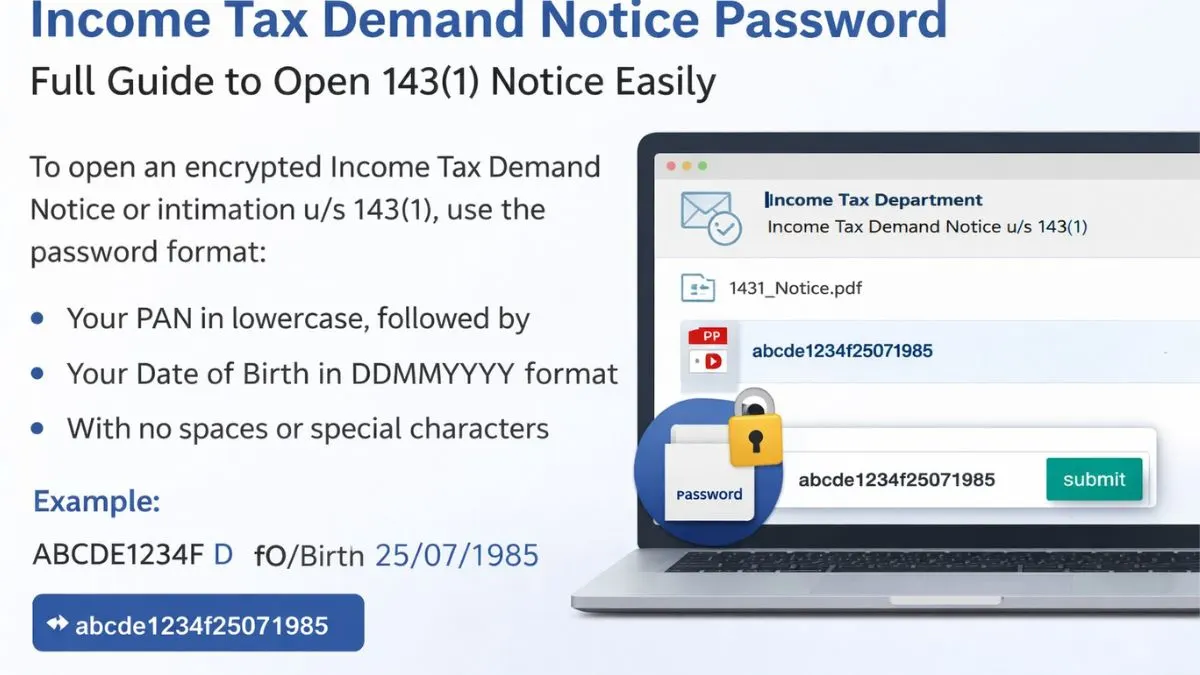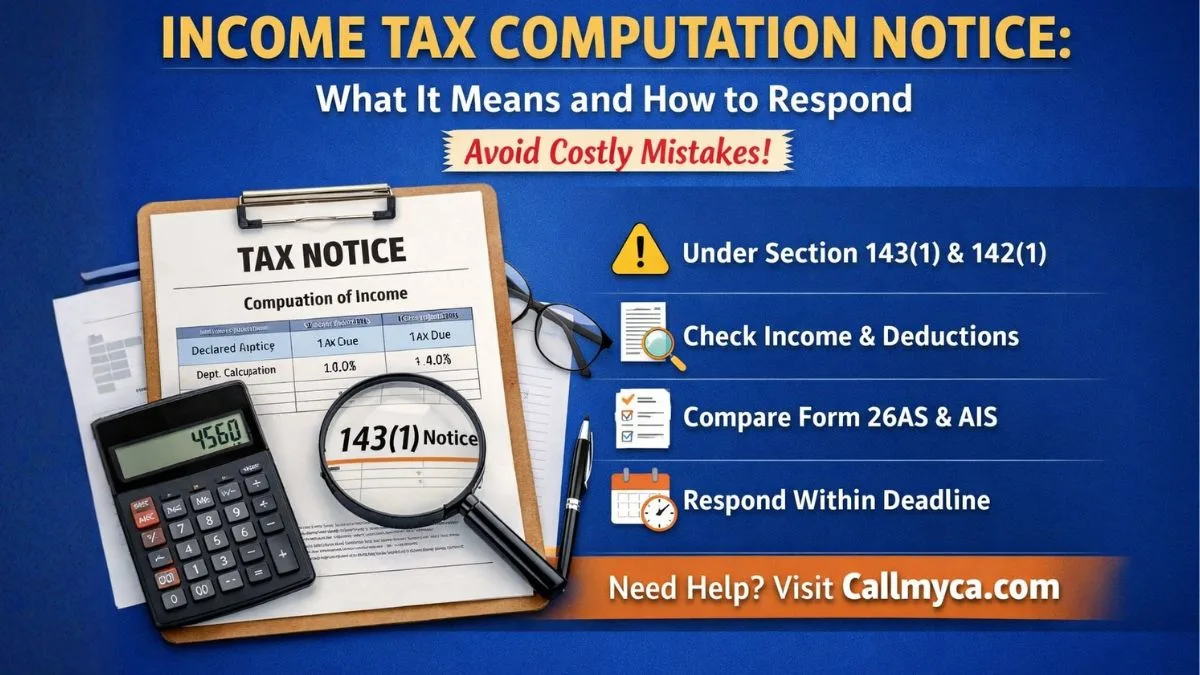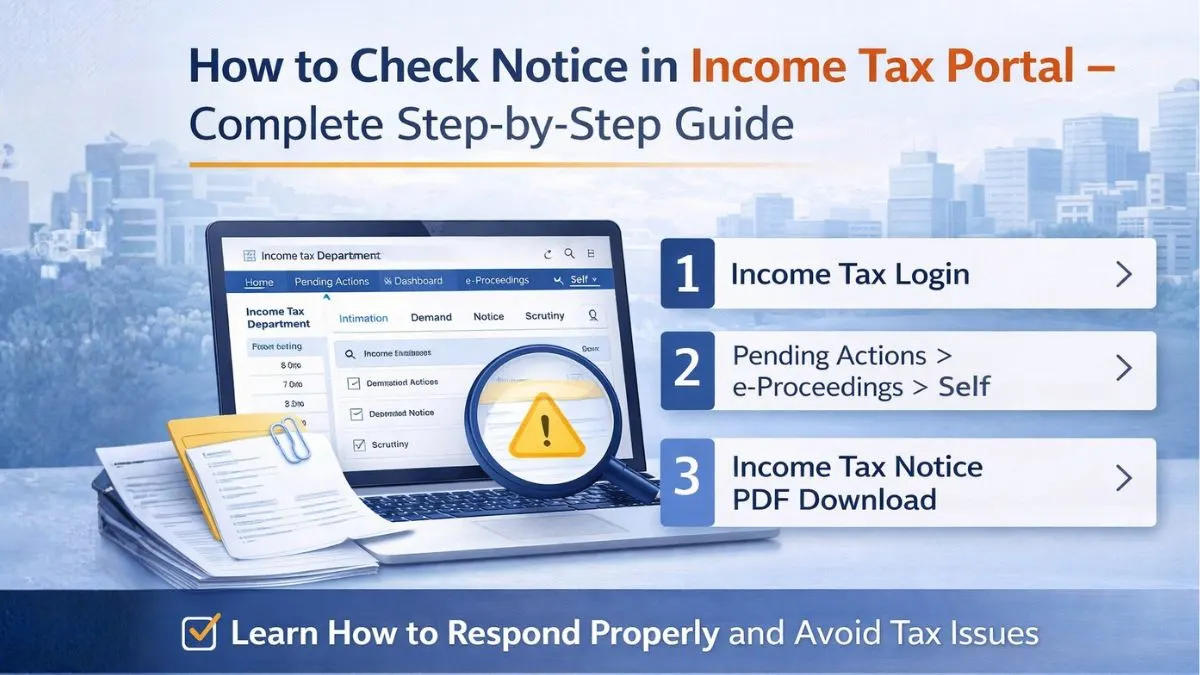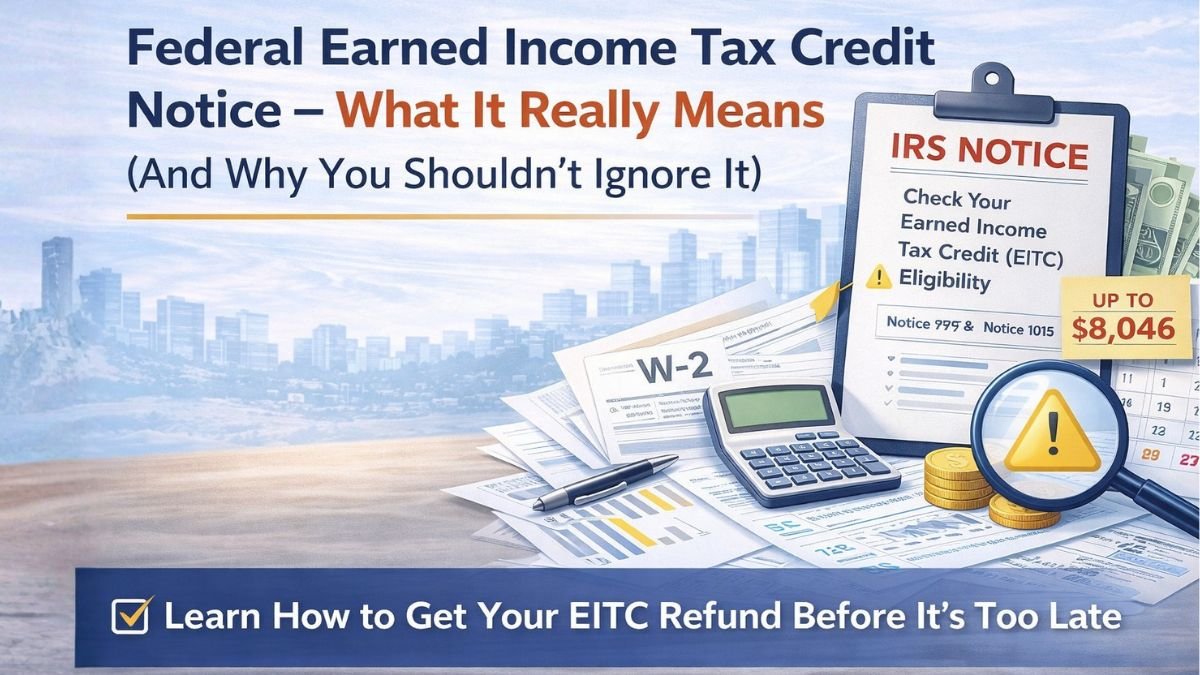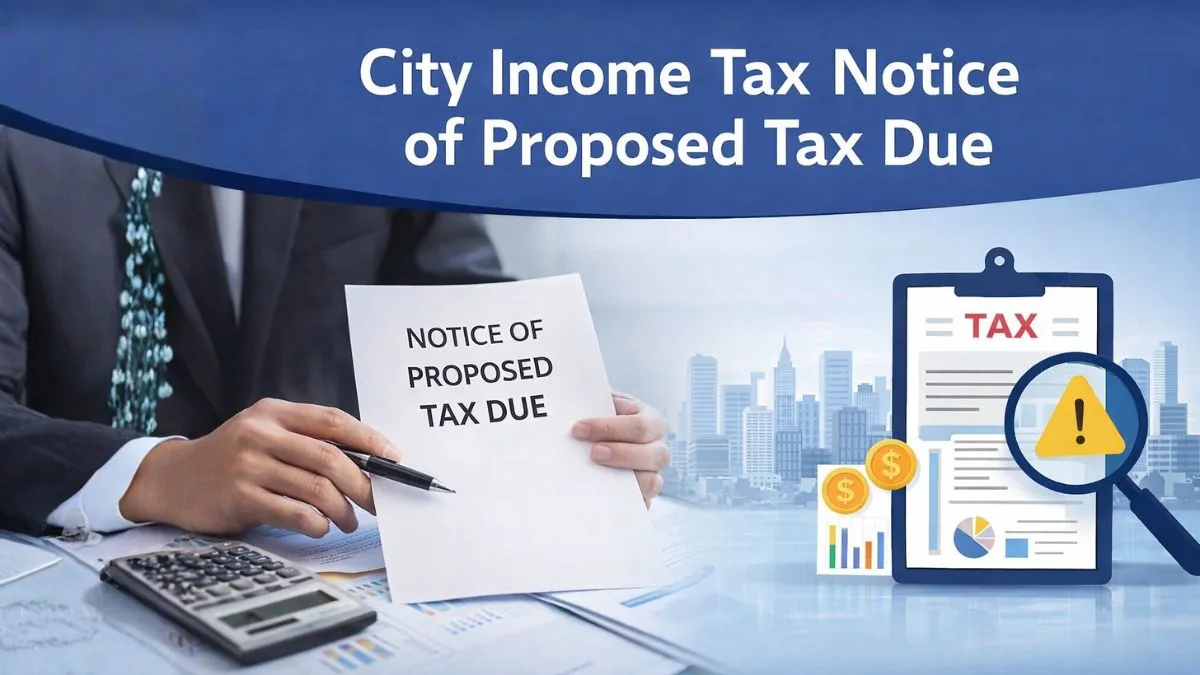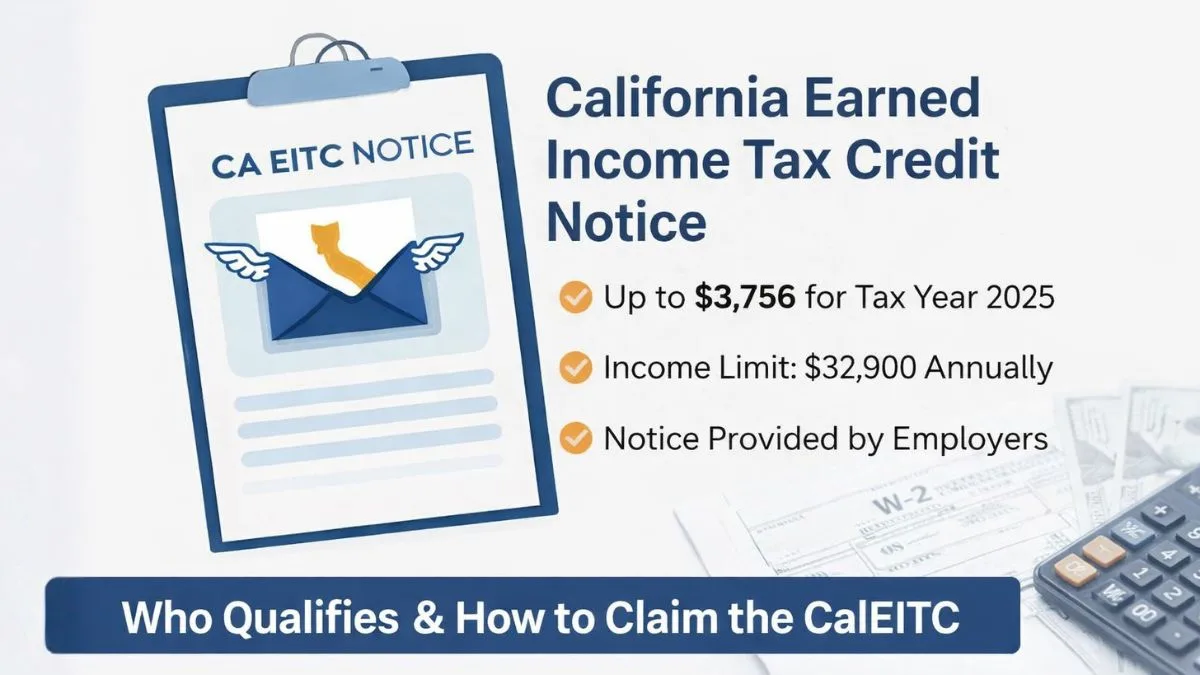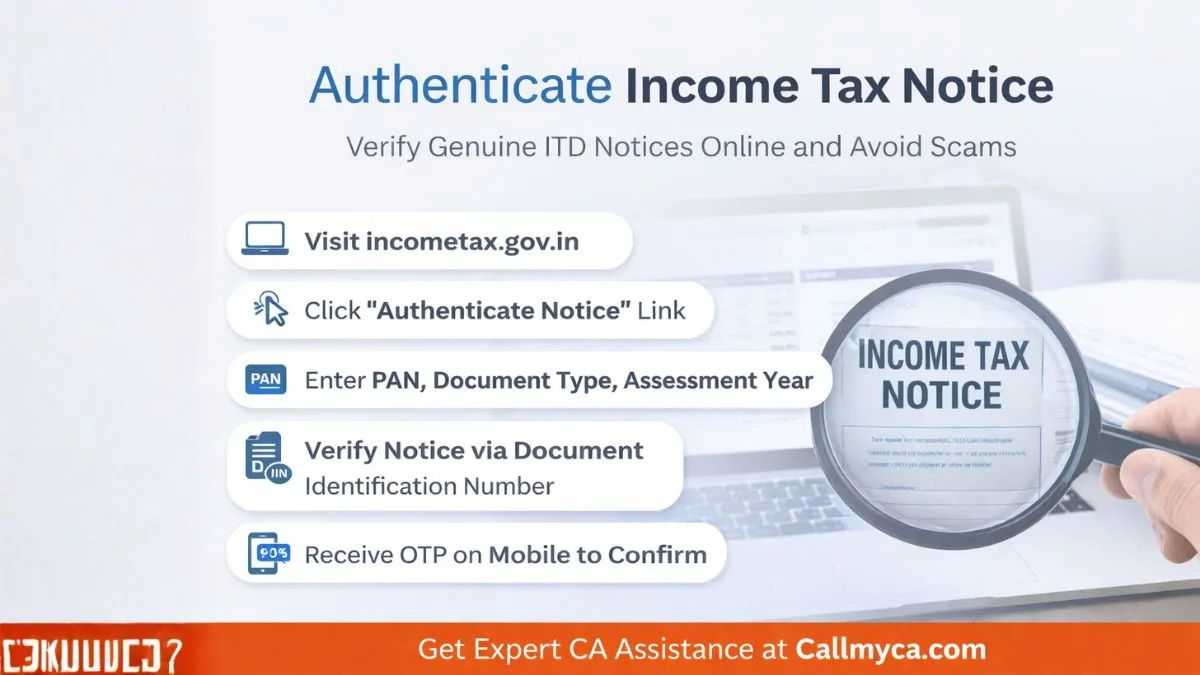
When we talk about charitable trusts, NGOs, and institutions registered under the Indian legal framework, their survival largely relies on securing exemptions under the Income Tax Act. That’s where Section 12A(1)(ac) steps in. It is not just a technical provision—it is the foundation for tax-exempt status that allows these organizations to retain every rupee of donation & channel it toward public welfare.
This section provides for the conditions to be fulfilled by any trust or institution in order to gain or continue their registration with the Income Tax Department. Without compliance here, a trust or NGO cannot legally claim exemptions under Sections 11 and 12. And for organizations that thrive on donations, this can be a game-changing factor between growth and financial setbacks.
Understanding Section 12A(1)(ac): The Core Provision
So, what does Section 12A(1)(ac) of the Income Tax Act really mean? In simple words, it directs that any trust or institution must apply for registration within the specified period to be eligible for claiming income tax exemption. This provision was introduced to ensure accountability, transparency, & uniformity in the registration process for community welfare organizations.
It provides for the conditions to be fulfilled by any trust or institution including consistent compliance, authentic documentation, & proper filing of applications in the prescribed manner. Importantly, it requires all trusts—whether newly formed or already registered—to file fresh applications using Form 10A or Form 10AB within the timelines prescribed by the CBDT."
Why Registration is Crucial for Charitable Trusts
Think of registration under Section 12A(1)(ac) as the entry ticket. Without it, even if your trust or NGO engages in purely charitable activities, the Income Tax Department will treat your income as taxable.
Tax exemptions are not a privilege, they are a legal right once conditions are met. By complying with these provisions, organizations can:
- Retain their full donation income.
- Avoid unnecessary tax burdens.
- Build credibility among donors who feel secure contributing to registered institutions.
- Qualify for benefits under Section 80G, which allows donors themselves to claim tax deductions.
In other words, without Section 12A compliance, the entire charitable ecosystem loses half its efficiency.
The Conditions Under Section 12A(1)(ac): What Institutions Must Do
The section explicitly provides for the conditions to be fulfilled by any trust or institution in clear legal terms. These include:
- Application for registrationmust be made within the deadlines prescribed.
- Use of prescribed forms (Form 10A or 10AB)depending on whether it is a fresh registration, revalidation, or renewal.
- Submission of key documentslike trust deed, memorandum of association, and accounts.
- Compliance with renewal provisions(generally valid for five years).
- Timely filing of returnsunder Section 139(4A).
Failure in any of these points can lead to the rejection or cancellation of registration, which directly impacts tax exemption benefits.
Also Read: Are Religious & Charitable Trusts Exempt?
Forms 10A and 10AB – The Gateway to Registration
If you are a trust or NGO navigating through Section 12A(1)(ac), you cannot ignore Form 10A and Form 10AB.
- Form 10A: To be used for fresh applications, provisional registrations, and revalidations.
- Form 10AB: To be used for converting provisional registration into regular registration, or for renewals after 5 years.
This filing process isn’t just about ticking boxes—it ensures that the government records contain verified & updated information about every charitable institution.
Section 12A vs Section 80G: The Combined Advantage
Many people confuse Section 12A(1)(ac) with Section 80G. While both provide valuable tax benefits, their purposes differ:
- Section 12A(1)(ac)provides a framework for trusts & institutions themselves, ensuring they qualify for complete tax exemption.
- Section 80G, meanwhile, benefits donors, allowing them to deduct part of their donations while computing taxable income.
For a trust, having both registrations is like unlocking a dual advantage—exemption for the entity & incentive for the donor. No surprise most NGOs strive to maintain both."
Role of CBDT in Section 12A(1)(ac) Compliance
The Central Board of Direct Taxes (CBDT) has played a key role in streamlining this entire regime. Over time, CBDT released multiple circulars, FAQs, and updated procedures related to Form 10A, validity periods, renewal deadlines, and provisional approval.
What this means is that every trust or institution must stay updated with the latest notifications. Missing deadlines can result in penalties, or worse, permanent rejection of exemption benefits. For social welfare organizations, such non-compliance could mean losing donor trust and credibility overnight.
Challenges Faced by Trusts in Compliance
While Section 12A(1)(ac) tries to simplify the law, ground-level institutions face hurdles like:
- Lack of awareness regarding renewal deadlines.
- Errors in uploading documents on the e-filing portal.
- Misunderstanding the difference between Form 10A & Form 10AB.
- Technical glitches on the Income Tax portal.
These challenges make professional advisory services crucial. Many trusts rely on chartered accountants or specialized consultants to prepare their applications and ensure smooth processing.
Practical Example: How a Trust Benefits from Section 12A(1)(ac)
Imagine a newly established educational trust in India that receives donations worth ₹50 lakh in a year. Without registration under Section 12A(1)(ac), the entire ₹50 lakh would be taxed, drastically reducing usable funds.
But with proper registration:
- The trust enjoys 100% exemption on its income, provided it applies funds for charitable purposes.
- Donors can seek deductions under Section 80G, encouraging them to contribute more.
This domino effect simply highlights how this section provides for the conditions to be fulfilled by any trust or institution while safeguarding their mission & value to society.
Also Read: Tax Benefits on Charitable Donations
Latest Updates on Section 12A(1)(ac)
As of recent amendments, the government has made it compulsory for all existing trusts to revalidate their registrations. The earlier lifetime registration concept is now replaced with limited validity (usually five years). This periodic renewal ensures greater accountability and prevents misuse of exemptions.
Such moves show that the government is tightening checks, but at the same time, ensuring that only genuine charitable institutions thrive.
Conclusion: Section 12A(1)(ac) as the Lifeline of Charitable Institutions
To wrap up, Section 12A(1)(ac) of Income Tax Act is not just a registration clause—it is the backbone of tax exemption for NGOs, charitable trusts, and institutions in India. It makes sure that income received in the name of charity is genuinely spent on charitable purposes.
Remember, this section provides for the conditions to be fulfilled by any trust or institution to qualify for exemption, and failure to comply could mean losing not just exemptions, but also donor confidence.
For trusts and NGOs, adhering to this section is no longer optional—it is a survival necessity in today’s regulated financial ecosystem.
✅ If you’re looking for expert guidance on Section 12A(1)(ac) registration, renewal, or Form 10A/10AB filing, you can connect with us at Callmyca.com where our professionals help charitable institutions remain stress-free & fully compliant.

